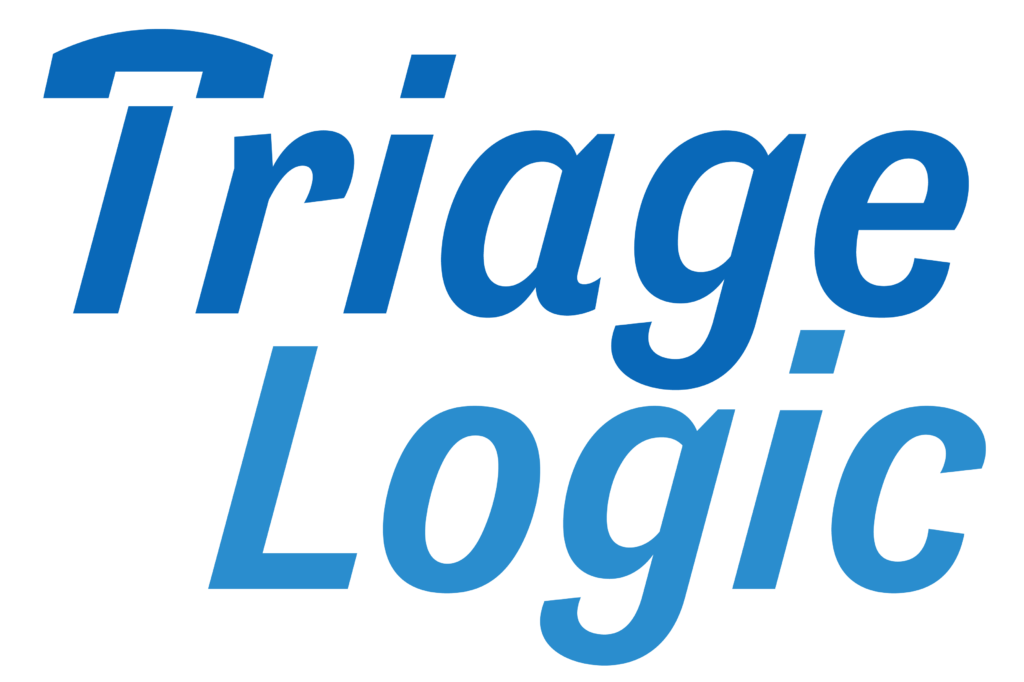In the United States, more than 5 children die everyday as a result of child abuse or neglect. Therefore, triage nurses have to be prepared to handle these difficult calls and recognize the signs of abuse and neglect. However, children are not the only victims of abuse. Adults, elderly, and disabled individuals can also be exposed to cruelty.
Most importantly, the triage nurse needs as much information as possible regarding the patient’s condition. Asking open-ended questions is a way for the nurse to keep the caller talking and the information flowing. Despite how difficult a call may be, a triage nurse must remain professional, calm, and compassionate. When a caller feels comfortable they are more likely to speak freely and share information regarding the patient’s condition.
The triage nurse makes an assessment with the information provided. If the triage nurse determines that the situation could be life threatening or the patient is in immediate danger, the next step would be to activate 911. However, in less urgent situations, the nurse will contact the physician for further instructions.
Triage nurses are often faced with difficult calls. Handling abuse or neglect requires for the triage nurse to remain calm, recognize the signs, and follow the proper protocol.






